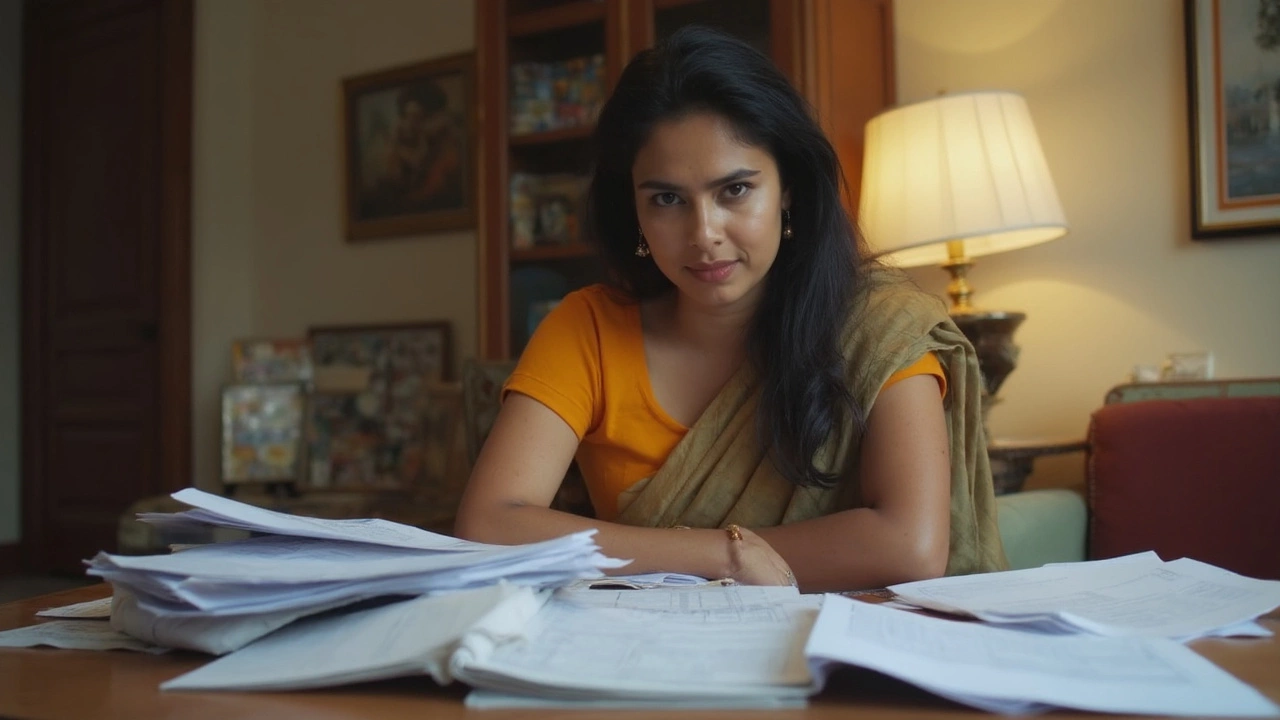Inheritance Law in India: What You Need to Know
When a loved one passes away, the biggest question is usually who gets what. In India, inheritance law decides how assets move from the deceased to the surviving family members. It can feel overwhelming, but the rules are pretty straightforward once you break them down.
First, the type of property matters. Movable assets like bank balances, shares, and jewelry follow one set of guidelines, while immovable property such as land or a house follows another. Most people assume everything automatically goes to the children, but the Indian Succession Act and personal law codes spell out exact shares for each heir.
Key Rules for Different Communities
India’s legal system respects personal laws based on religion. Hindus, Muslims, Christians, Parsis, and others each have their own inheritance framework. For Hindus, the Hindu Succession Act, 1956 (amended in 2005) is the go‑to guide. It gives sons, daughters, and the widow equal rights in a class‑I property. If there’s no class‑I heir, the property moves to class‑II heirs like parents or siblings.
Under Muslim personal law, the share distribution is fixed: a son gets twice the share of a daughter, and the widow receives one‑eighth of the property if there are children. Christians follow the Indian Succession Act, which generally treats all children equally, similar to Hindu law after the 2005 amendment.
Probate, Legal Documents, and Common Pitfalls
Probate is the court process that validates a will. If the deceased left a clear, registered will, the probate court will confirm it, making the transfer smoother. Without a will, the court applies the relevant personal law to split the assets.
Many families run into trouble because they skip the probate step or ignore the need for a legal heir certificate. Without these, banks may refuse to release fixed deposits, and the land registry could block title transfers. Getting a legal heir certificate from the local Tahsildar and applying for probate (if there’s a will) saves a lot of headaches.
Another common issue is overlooking debts. Creditors have the right to claim any outstanding loans before heirs receive their share. It’s smart to settle debts early or have the executor handle them during probate.
For immovable property, registering the transfer at the local sub‑registrar is crucial. Even if all heirs agree, the deed won’t be legally enforceable without proper registration. This step also updates the land records, protecting the new owners from future disputes.
Finally, remember that inheritance tax is not applicable in India, but any capital gains arising from selling inherited property are taxable. Plan ahead to minimize tax impact by consulting a tax professional.
Understanding these basics helps you avoid delays, family fights, and legal complications. Whether you’re an heir, executor, or lawyer, keeping the process simple and following the right steps ensures the deceased’s wishes are honored and the property moves smoothly to the next generation.

Will I Need to Pay My Husband's Debt If He Passes Away in Virginia?
Worried about your husband's debts in Virginia if the worst happens? This article lays out exactly how debt is handled after a spouse dies, who might be on the hook for payments, and what the law really says. You'll learn the difference between personal and joint debts, how the probate process works, and common missteps spouses make. Useful tips and real-life examples keep things clear and practical for anyone facing this stressful situation.